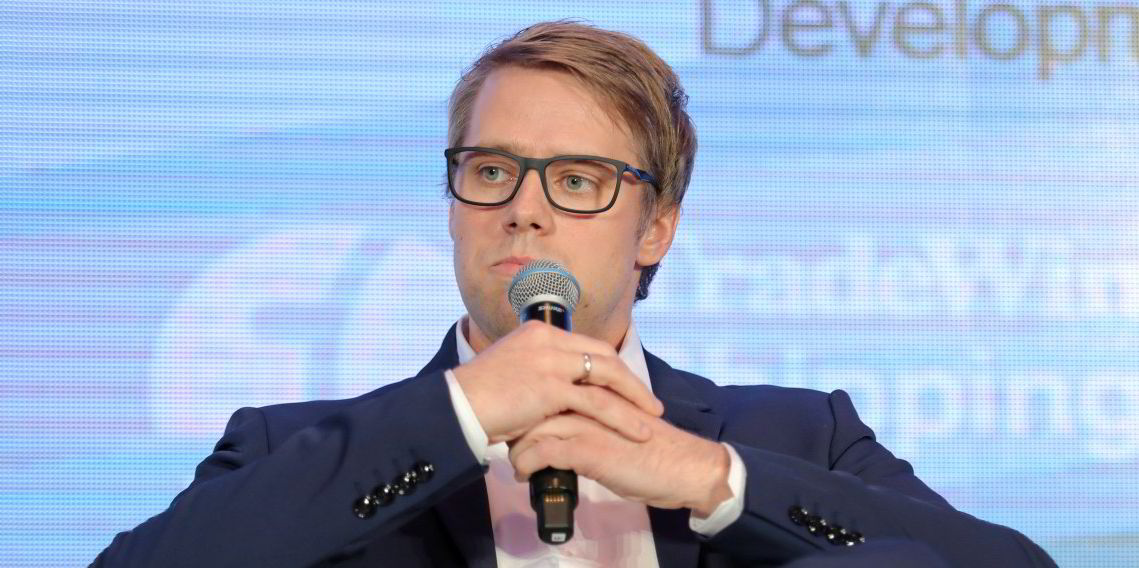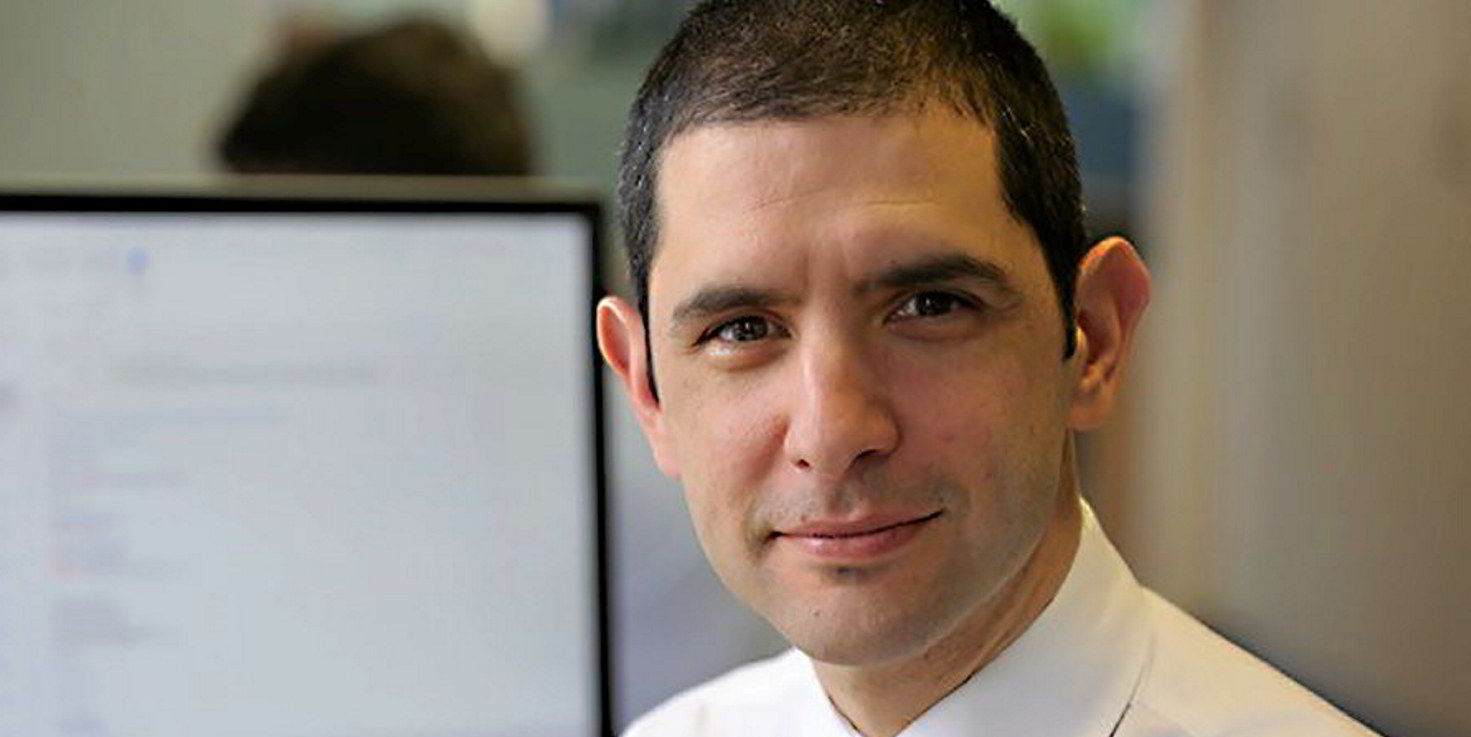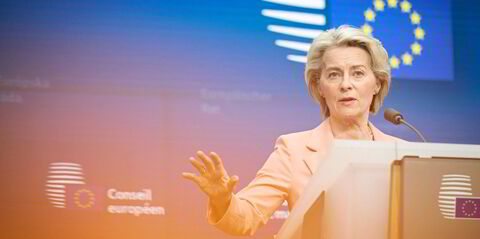Martin Prokosch is urging charterers to get a grip of their supply-chain emissions now as he tips a big jump in carbon pricing.
Speaking on a company webinar, the head of Norwegian decarbonisation company ZeroLab by Klaveness explained how freight bills can spiral if no attempt is made to mitigate CO2 output.
He cited the example of a charterer booking 50 ships a year to carry 1.75m tonnes of cargo.
At a price of $50 per tonne of CO2 emitted, the extra cost is $2.5m per year, or $1.40 per tonne of cargo transported.
But if prices — currently €47 ($57) in the European Union's Emissions Trading Scheme — move to $100 per tonne of CO2, the cost of those voyages rises to $5m, and at $200 per tonne, the bill is $10m.
Prokosch said the price of carbon emissions is only likely to increase.
"We believe the real price [per tonne] of decarbonising shipping is in the range of $100 to $200," he added.
The cost of an EU Allowance (EUA) — a financial instrument that allows the emission of one tonne of CO2 — has risen by 60% since last October, with analysts expecting this level to at least double over five to 10 years.
Prokosch advised charterers to calculate a baseline for emissions using historical voyage data and then set a budget.
The next move, of course, is to reduce carbon output in the supply chain, he said: "Emissions cannot be looked at in isolation."
Bigger ships, fewer emissions?
One idea worth revisiting is upsizing, ZeroLab believes, which essentially means using bigger vessels.
"The marginal emissions from maximising intake are almost negligible," Prokosch said.
"Any additional tonne you can fit on board is practically emission-free."
He gave the example of a charterer switching from a handysize to a supramax, which can reduce emissions by tonne transported by more than 40%, and save on freight cost.
The ZeroLab boss said it could be worth charterers investing in infrastructure to allow bigger ships to be handled in their trades.
Reducing a ship's speed from 15 knots to 12 knots can lower emissions by more than one-third, he added.
"Charterers that cooperate with operators on just-in-time arrivals in port can save emissions and costs."
And port efficiency will also help. "Any minute saved" in terminals will cut emissions, he added.
Charterers can also impose stricter specifications in contracts, which could include clauses to avoid long ballast legs and incentives for fuel-efficiency performance.





